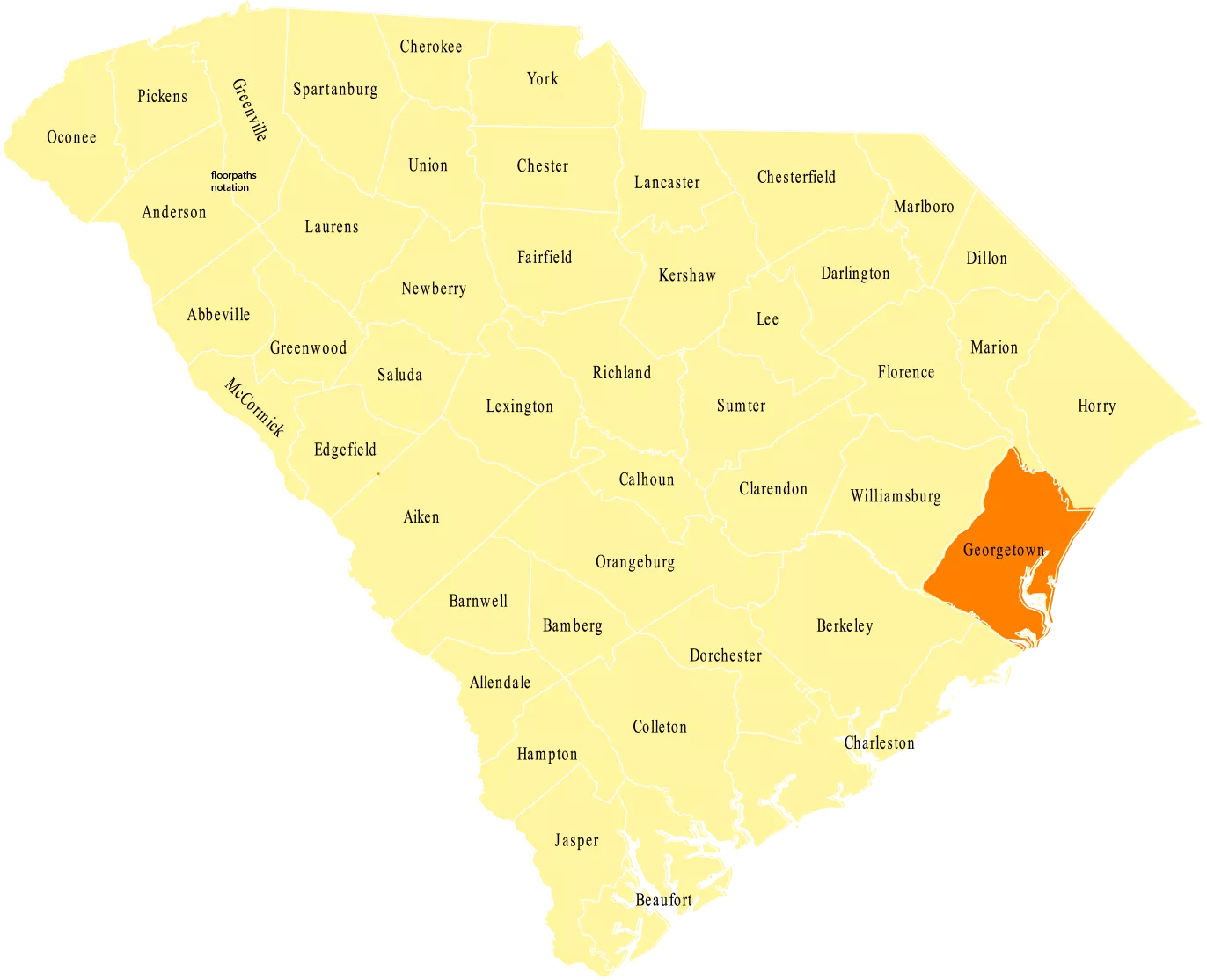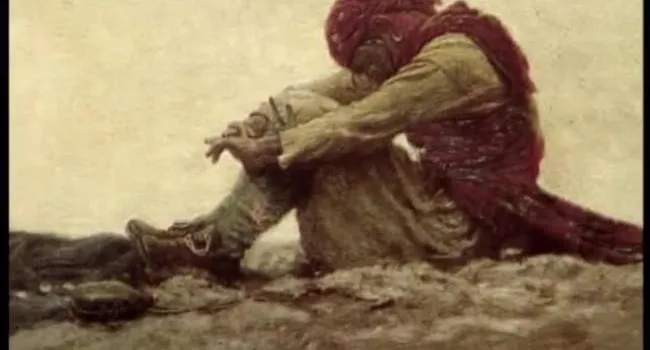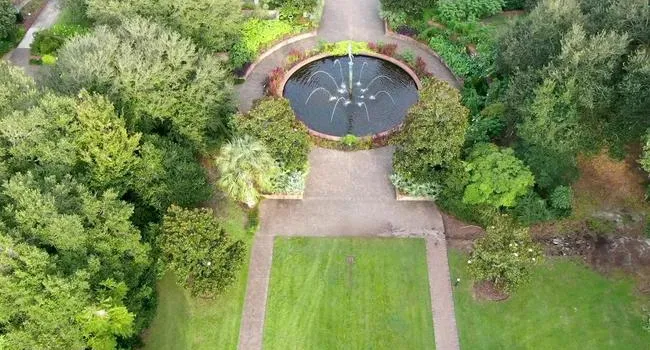
Video
Nestled on the coast of South Carolina, Georgetown County embodies resilience and centuries of rich, cultural history. Georgetown, South Carolina was founded in 1729, as the third oldest town in the...
Although a number of Native American tribes already lived in the area and the Spanish had visited, English planters and their African slaves were the first to settle what is now known as Georgetown County. In 1769 Prince Frederick, All Saints, and Prince George parishes were combined, resulting in Georgetown District. In 1785 the district split into four counties including Winyah County. Winyah County would later be renamed Georgetown County in honor of King George II. Despite the approval of the British that this name suggests, Francis Marion regularly engaged in guerilla warfare from the county’s marshes during the Revolutionary War.
A coastal location has always served as a large source of wealth for Georgetown County. The location favored the growth of plantation crops, especially cotton and Indigo. In fact, Indigo planters became so affluent that they became their own level of high society known formally as the “Winyah Indigo Society.” Later, rice took over and became the crop of choice for Georgetown County plantation owners, but Indigo plants still grow wild in the area. Furthermore, the Georgetown Port, in the county seat of Georgetown, became such a source of income that pirates plagued the county’s coast.
Today one can easily observe a connection between Georgetown County’s past and its future. The African slaves brought over by British planters to farm cotton, Indigo, and rice have preserved the Gullah culture throughout the generations. This culture is especially evident on Sandy Island. Georgetown’s port still anchors the county’s economy. The county’s historical significance, coastal location, beach towns, and nature preserves make it a popular tourism destination.
Georgetown County, A Brief History. Accessed June 03, 2016.
http://www.georgetowncountysc.org/about/history.html

Video
Nestled on the coast of South Carolina, Georgetown County embodies resilience and centuries of rich, cultural history. Georgetown, South Carolina was founded in 1729, as the third oldest town in the...
Video
The adventures and exploits of pirates and buccaneers have long captured our imaginations. These sea bandits roved the ocean lanes in all parts of the world, from the waters off Africa and Europe and...
Video
Pirates had a strict list of articles, or laws, that had to be signed by each member of the crew before a voyage began. Those rules governed who would get how much of whatever treasure was captured...
Video
For a time, piracy was tolerated. Some would even say encouraged, based on the actions of many public officials in Carolina's port cities. Bargain prices were often paid by town merchants for ill...
Video
Blackbeard was one of the most infamous pirates. It's thought that his real name was Edward Teach, and he is believed to have been from Bristol, England. A very tall man for the time period, in a time...
Video
Stede Bonnett is a wealthy and well-respected sugar plantation owner from the tiny West Indian island of Barbados. He used his own resources to outfit a sloop he christened "Revenge." With ten guns...
Video
On November day in 1996, divers representing the private research group Intersal Inc. were concluding the first stage of their search of 18th-century shipwrecks in Beaufort Inlet, North Carolina...
Video
Near the northern coastline of South Carolina, just south of Murrells Inlet is an outdoor sanctuary that is like no place else in the world. Brookgreen Gardens is affectionately called the Floral...
Audio
"B" is for Brookgreen Gardens. The Archer M. and Anna Hyatt Huntington Sculpture Gardens at Brookgreen rests on thirty acres of display gardens in the middle of some 9,100 acres of the South Carolina...
Audio
"B" is for Burroughs, Franklin Gorham, Jr. (b. 1942). Essayist. environmentalist, educator. After graduating from USC, Burroughs obtained his Ph.D. from Harvard. From 1968-2000, he taught at Bowdoin...